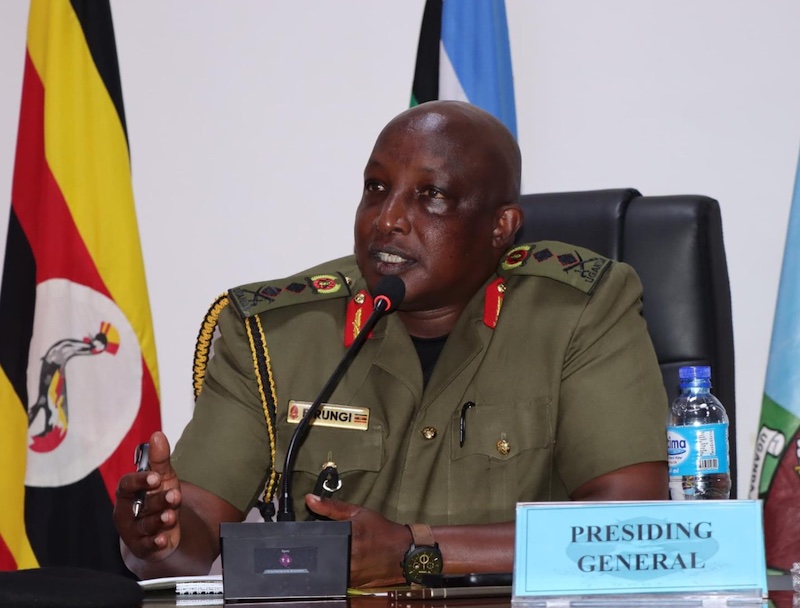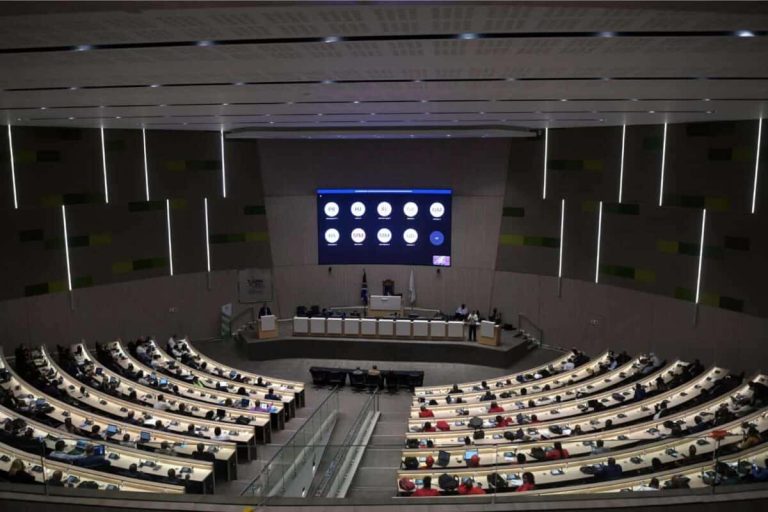
The recent events surrounding Major General James Birungi and the Defence Intelligence and Security (DIS) raise serious questions about the integrity of Uganda’s national security framework.
The chilling incidents involving the deaths of two women, both allegedly targeted as potential terrorists, reveal a disturbing narrative of deception and manipulation within the ranks of those sworn to protect the nation.
On June 3, 2025, a woman was killed by the Uganda People’s Defence Force (UPDF) at the Munyonyo Uganda Martyrs Shrine, under the pretext of preventing a bombing. Shortly thereafter, another woman in the Kampala suburb of Kalwerwe met a similar fate, accused of being linked to the Allied Democratic Forces (ADF) and poised to detonate explosives.
Both incidents were framed as preemptive strikes against terrorism; however, investigations have since suggested that the intelligence used to justify these actions was fabricated.
This deliberate falsification of information is not merely a breach of protocol; it is an affront to the very principles of justice and accountability. Birungi and his colleagues are now detained, facing accusations of manipulating intelligence reports to secure inflated budgets and gain favor from higher authorities.
Such actions compromise not only the credibility of the DIS but also the safety of ordinary Ugandans who rely on these institutions for protection. The implications of this scandal are profound.
Uganda has endured years of insecurity, with terror attacks often linked to the ADF and its potential affiliations with Al-Qaeda. Trust is paramount in the realm of national security; without it, citizens are left vulnerable and uncertain.
If the very custodians of security can engage in deceit for personal gain, how can the public ever feel secure? The message sent is clear: loyalty is transactional, and the lives of civilians are collateral in a dangerous game of political maneuvering. Moreover, this crisis of confidence extends beyond the immediate fallout.
As the investigation unfolds, it raises broader questions about the operational integrity of Uganda’s security forces. How many other incidents have been justified under questionable intelligence? What safeguards exist to prevent such abuses of power in the future?
If the leaders within these institutions lack ethical grounding, the ramifications could be severe, leading to further erosion of public trust and escalating unrest. Ugandans deserve better.
They invest significant resources into security, expecting a system that prioritizes their safety and well-being. Yet, when those entrusted with this responsibility engage in practices that undermine their credibility, the entire foundation of national security is jeopardized.
As this situation develops, it is imperative that thorough investigations are conducted, and accountability is enforced. The public deserves transparency and clarity. Only through genuine reform and a commitment to ethical conduct can trust be restored in the DIS and the broader security framework.
Without such measures, the potential for future tragedies looms large, and the specter of insecurity will continue to haunt the nation. In the end, who will believe in the alerts of a security apparatus that has shown itself willing to manipulate truth for its own ends?
The answer, for many, may be a resounding silence—a silence that speaks volumes about the state of trust in Uganda’s security forces.



